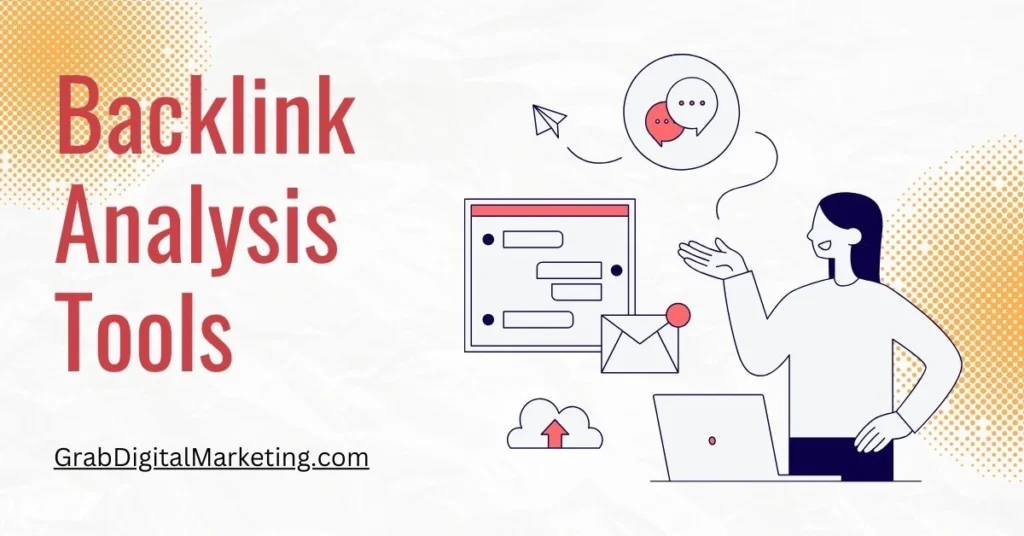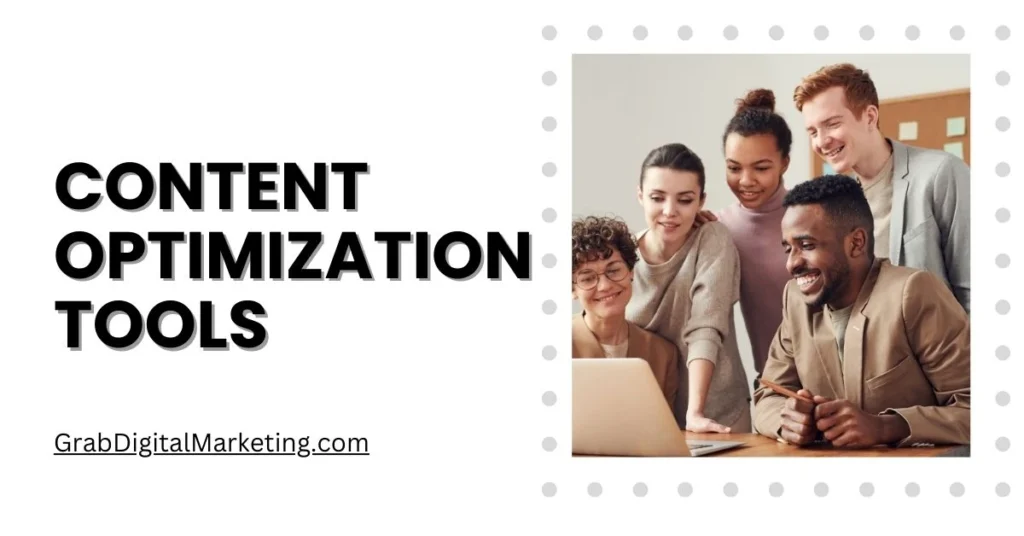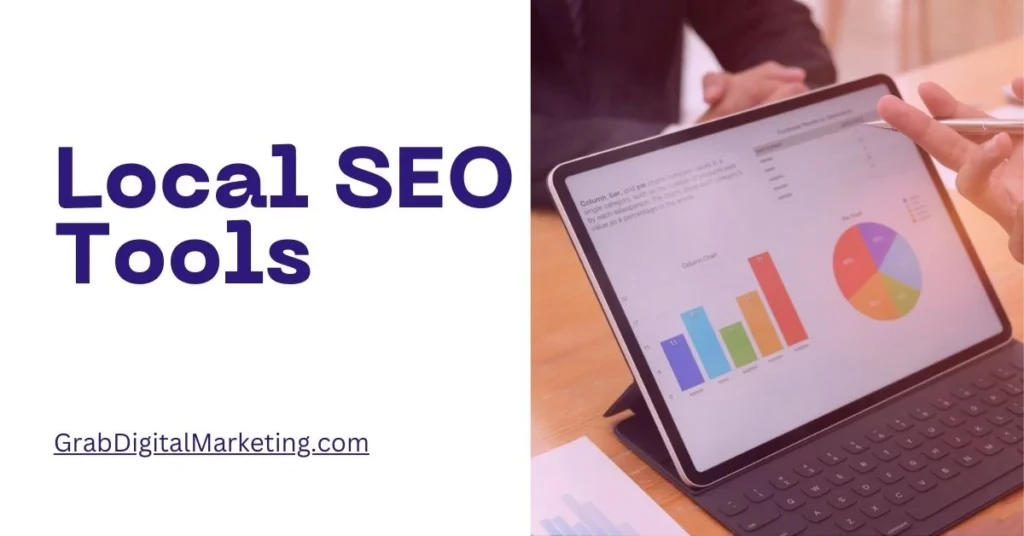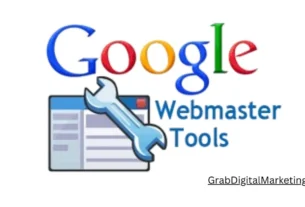Sure, let’s explore various SEO tools in depth, detailing their purposes, functionalities, and significance in search engine optimization. This will be a comprehensive guide to help you understand how each type of tool can enhance your website’s visibility and performance.
1. Keyword Research Tools

Keyword research is the foundation of effective SEO. These tools help you discover the most relevant and high-traffic keywords related to your niche. They provide insights into search volume, keyword difficulty, and potential long-tail keywords that can drive targeted traffic to your website.
Examples:
- Google Keyword Planner: A free tool that helps you find keywords related to your business and see estimates of the searches they receive and the cost to target them.
- Ahrefs Keywords Explorer: Offers comprehensive data on keyword difficulty, click-through rates, and a vast database of keyword ideas.
- SEMrush: Provides keyword analysis, competitor research, and extensive keyword suggestions.
2. On-Page SEO Tools

On-page SEO tools focus on optimizing individual pages on your website to ensure they rank higher and earn more relevant traffic in search engines. These tools analyze elements like meta tags, headings, content quality, and URL structure to provide recommendations for improvement.
Examples:
- Yoast SEO: A popular WordPress plugin that helps optimize your content, meta tags, and readability for SEO.
- Moz On-Page Grader: Evaluates a page’s on-page elements and provides actionable insights to improve SEO.
- Screaming Frog SEO Spider: Crawls websites to extract data and audit for common SEO issues, such as broken links and duplicate content.
3. Technical SEO Tools

Technical SEO tools address the backend aspects of your website to ensure it meets search engine guidelines and is easily crawlable and indexable. These tools focus on site speed, mobile-friendliness, XML sitemaps, and overall site architecture.
Examples:
- Google Search Console: Monitors your site’s presence in Google search results, helps identify indexing issues, and provides insights into search performance.
- Ahrefs Site Audit: Analyzes your website for common technical SEO issues and recommends fixing them.
- Screaming Frog SEO Spider: Also serves as a technical SEO tool by identifying crawl errors, duplicate content, and other technical issues.
4. Backlink Analysis Tools

Backlinks are crucial for establishing your site’s authority and trustworthiness. Backlink analysis tools help you evaluate your backlink profile, understand your competitors’ link strategies, and identify opportunities for acquiring high-quality backlinks.
Examples:
- Ahrefs Backlink Checker: Provides detailed information about your backlink profile, including the number of backlinks, referring domains, and anchor texts.
- Majestic SEO: Offers comprehensive backlink analysis with metrics like Trust Flow and Citation Flow to assess the quality of backlinks.
- Moz Link Explorer: Analyzes your link profile and provides insights into link-building opportunities and competitor backlinks.
5. Rank Tracking Tools
Rank tracking tools monitor your website’s search engine rankings for specific keywords over time. They help you understand how your SEO efforts are impacting your rankings and provide insights into areas where you can improve.
Examples:
- Ahrefs Rank Tracker: Tracks your keyword rankings, provides daily updates, and shows how your rankings compare to competitors.
- SEMrush: Monitors keyword positions, tracks changes over time, and provides detailed reports on ranking performance.
- Serpstat: Offers rank tracking, competitor analysis, and keyword research capabilities.
6. Content Optimization Tools

Content optimization tools help you create high-quality, SEO-friendly content that resonates with both search engines and users. These tools provide recommendations for improving content structure, keyword usage, and overall readability.
Examples:
- Clearscope: Analyzes top-performing content for your target keywords and provides recommendations for optimizing your content.
- MarketMuse: Uses AI to analyze your content and identify gaps, suggest relevant topics, and improve content quality.
- Surfer SEO: Provides data-driven recommendations for optimizing your content, including keyword usage, word count, and readability.
7. Local SEO Tools

Local SEO tools are essential for businesses that operate in specific geographic areas. These tools help optimize your online presence to attract local customers and improve your visibility in local search results.
Examples:
- Google My Business: Manages your business listing on Google, allowing you to appear in local search results and Google Maps.
- Moz Local: Helps manage your local business listings, ensuring consistency across various directories and search engines.
- BrightLocal: Offers comprehensive local SEO tools, including local search rank tracking, citation building, and review management.
8. Analytics Tools

Analytics tools provide valuable insights into your website’s performance, user behavior, and traffic sources. They help you understand how visitors interact with your site and identify areas for improvement to enhance the user experience and SEO.
Examples:
- Google Analytics: A powerful, free tool that tracks and reports website traffic, user behavior, and conversion data.
- Matomo: An open-source web analytics platform that provides detailed insights into website performance and user interactions.
- Adobe Analytics: A comprehensive analytics solution that offers advanced features for tracking and analyzing digital marketing performance.
Conclusion
SEO tools are indispensable for anyone looking to improve their website’s visibility and performance in search engine results. By leveraging these tools, you can gain valuable insights into your website’s strengths and weaknesses, optimize your content and technical aspects, and develop effective strategies for attracting and retaining organic traffic.




